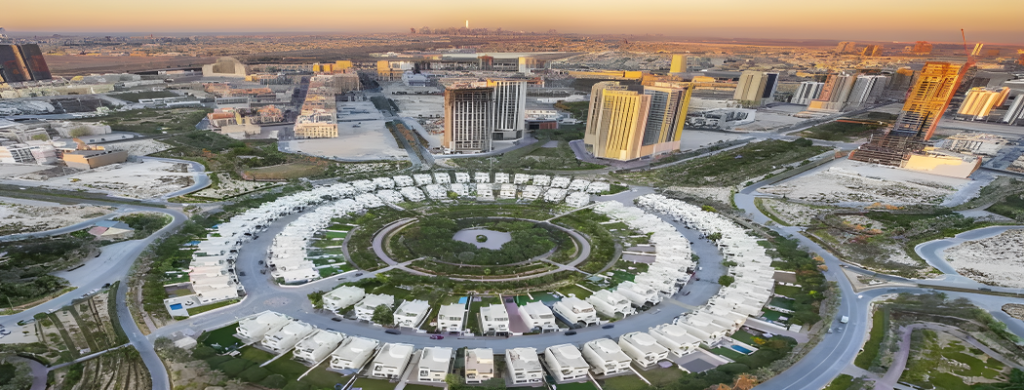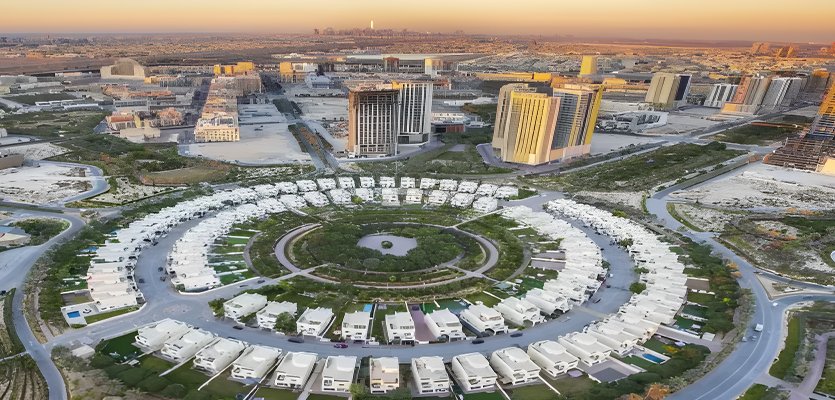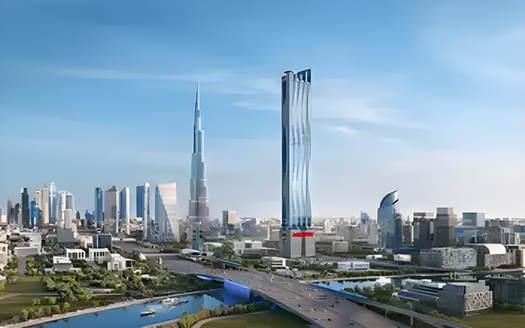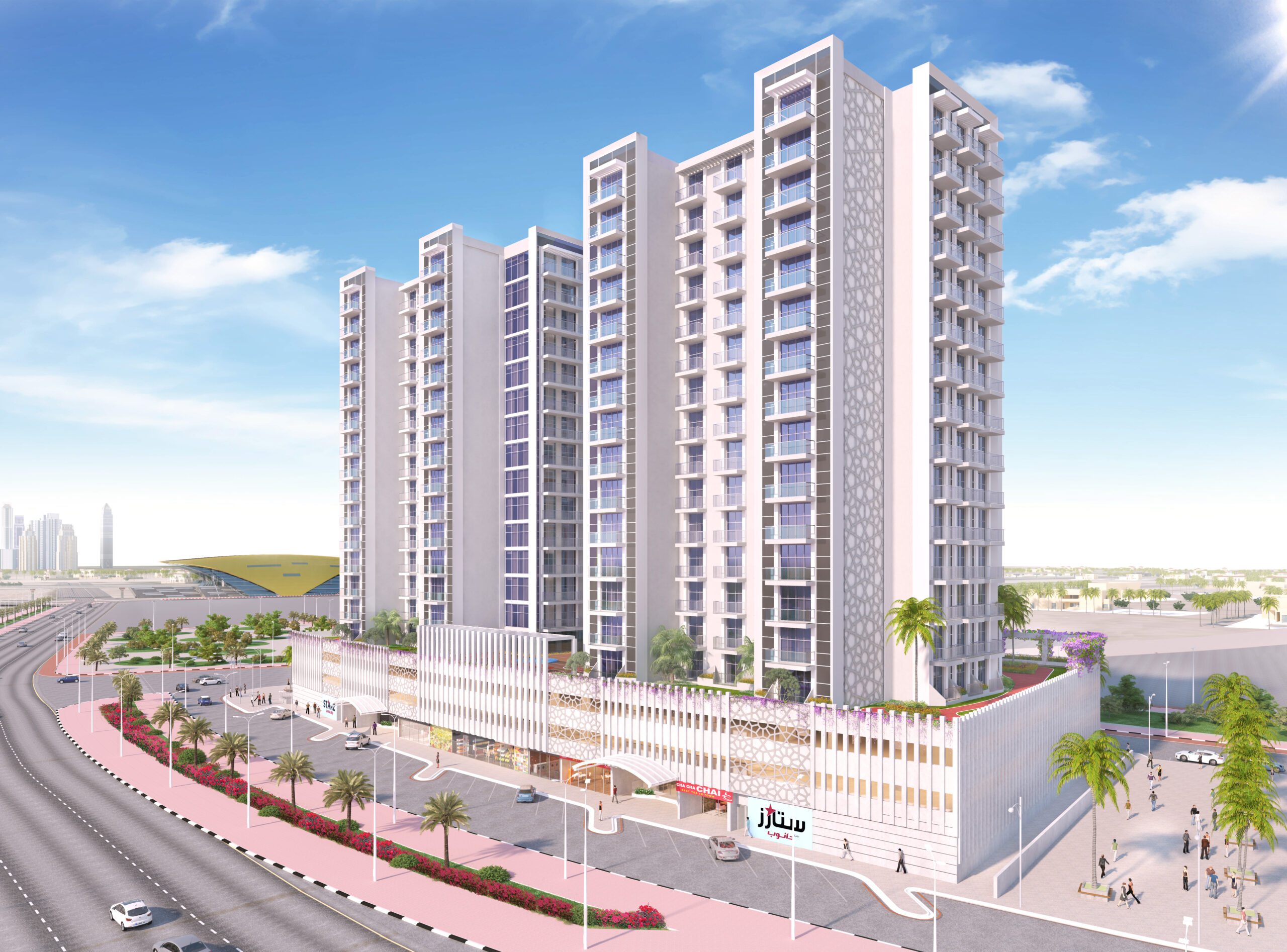Your First Step: A Friendly Guide to Buying Property in Dubai
So, after spending a long time in Dubai now, you may have made a decision to buy a property in this futuristic land. But perhaps you don’t know where to begin; then don’t worry because this blog will provide you complete information on how to buy an exciting and beneficial property in Dubai. Actually, we understand finding a worthy property in Dubai’s golden land is very challenging, and for a first-time buyer, this challenge becomes insane. And this beginner’s guide will walk you through the essentials of buying property in Dubai, making your journey easier and more informed.

1. Understand the Legal Framework
Before you begin your property search, it’s important to understand Dubai’s legal framework for foreign buyers.
- Freehold Areas: Dubai has designated freehold areas where foreign nationals can own property outright. These include popular locations such as Downtown Dubai, Palm Jumeirah, Dubai Marina, and Arabian Ranches.
- Leasehold Areas: In leasehold areas, foreign buyers can only purchase long-term leases (usually up to 99 years) rather than owning the property outright.
- Regulations: Dubai’s real estate market is regulated by the Dubai Land Department (DLD) and the Real Estate Regulatory Agency (RERA), ensuring transparency and legal protections for buyers.
2. Determine Your Budget
One of the most critical steps is to establish your budget. This will not only help you narrow down your options but also ensure that you’re financially prepared for the additional costs involved in buying a property.
- Property Costs: Research the current market rates for the type of property and location you are interested in.
- Upfront Costs: Aside from the property’s price, there are various additional costs such as:
- Down payment: Typically 20-25% for non-residents.
- DLD registration fee: 4% of the property’s value.
- Agent fees: 2% of the property value.
- Financing Options: Dubai banks offer a range of mortgage options for both residents and non-residents. Make sure to check eligibility and interest rates before making any decisions.
3. Choose the Right Location
Location is imperative, especially when it comes to real estate investment. Dubai offers a range of neighborhoods, each catering to different needs, lifestyles, and budgets.
- Luxury Living: Areas like Palm Jumeirah, Downtown Dubai, and Emirates Hills are known for their luxurious villas, high-end apartments, and exclusivity.
- Family-Friendly Communities: If you’re looking for a peaceful environment with schools, parks, and community facilities, areas like Arabian Ranches, Jumeirah Village Circle (JVC), and Dubai Hills Estate are excellent choices.
- High Rental Yield Areas: If you’re investing to generate rental income, focus on high-demand areas like Dubai Marina, JBR (Jumeirah Beach Residence), and Business Bay.
Contact Now: Rent a Property with Hillside Harbour.
4. Collaborate with a Qualified Real Estate Agency
Dubai’s real estate market is quite challenging, especially for first-time buyers. That’s why collaborating with a qualified and RERA-certified real estate agent can save you time, effort, and potential pitfalls.
- Local Expertise: A good agent will have knowledge of the local market, enabling them to recommend areas, properties, and developers based on your needs.
- Negotiation: Agents can help negotiate the best deal, taking care of paperwork, legalities, and ensuring transparency throughout the process.
- Avoid Scams: Always work with licensed agents and agencies to avoid fraud or misinformation. You can verify an agent’s credentials with the Dubai Land Department.
5. Understand the Buying Process
The property buying process in Dubai is straightforward but involves several steps. Here’s a simple breakdown:
- Step 1: Property Search: Identify the type of property you wish to purchase (apartment, villa, townhouse) and the location.
- Step 2: Make an Offer: Once you find a property you like, your agent will help you make an offer to the seller.
- Step 3: Sales Agreement: After both parties agree on the price, a Memorandum of Understanding (MOU) is signed, which outlines the terms of the sale.
- Step 4: Property Handover: After signing the MOU, a deposit (usually 10%) is paid, and the process moves toward finalizing the sale. This involves securing a No Objection Certificate (NOC) from the developer and paying the DLD fees.
- Step 5: Transfer of Ownership: The final step is the transfer of ownership at the DLD office, where the buyer receives the title deed.
Contact Now: Buy property with Hillside Harbour.
6. Plan for Maintenance and Service Charges
When buying a property in Dubai, it’s important to consider the ongoing costs of maintaining your investment.
- Service Charges: Property owners are required to pay service charges for the upkeep of common areas and facilities. These charges vary depending on the location, property size, and amenities offered (pools, gyms, security, etc.).
- Maintenance: Regular property maintenance is essential to retain the value of your investment, especially in Dubai’s climate. Be sure to account for this in your budget.
7. Stay Updated on Market Trends
Dubai’s real estate market is constantly evolving, and staying informed about market trends will help you make better investment decisions.
- Market Reports: Regularly review market reports from credible sources like the Dubai Land Department and real estate consultancies to understand current pricing trends, future projects, and investment opportunities.
- Expo 2020 and Beyond: Dubai’s hosting of Expo 2020 and subsequent development projects like Dubai South are expected to drive further growth in the real estate market, making now an opportune time to invest.
8. Legal Considerations for Non-Residents
Non-residents are allowed to buy property in Dubai’s freehold areas, but it’s essential to understand the legal implications.
- Residency Visa: Buying a property worth over AED 1 million can make you eligible for a residency visa, which is a significant benefit for non-resident investors.
- Inheritance Laws: Unlike other countries, property inheritance in Dubai can be complex for non-residents. It’s advisable to create a legal will that adheres to the UAE’s property and inheritance laws.
Conclusion
Buying property in Dubai offers incredible opportunities for both residents and global investors. With the right expertise, you can navigate the process seamlessly and reap the rewards of owning real estate in this dynamic city. Whether for personal use or investment, Dubai’s thriving market ensures a promising future for property buyers.








